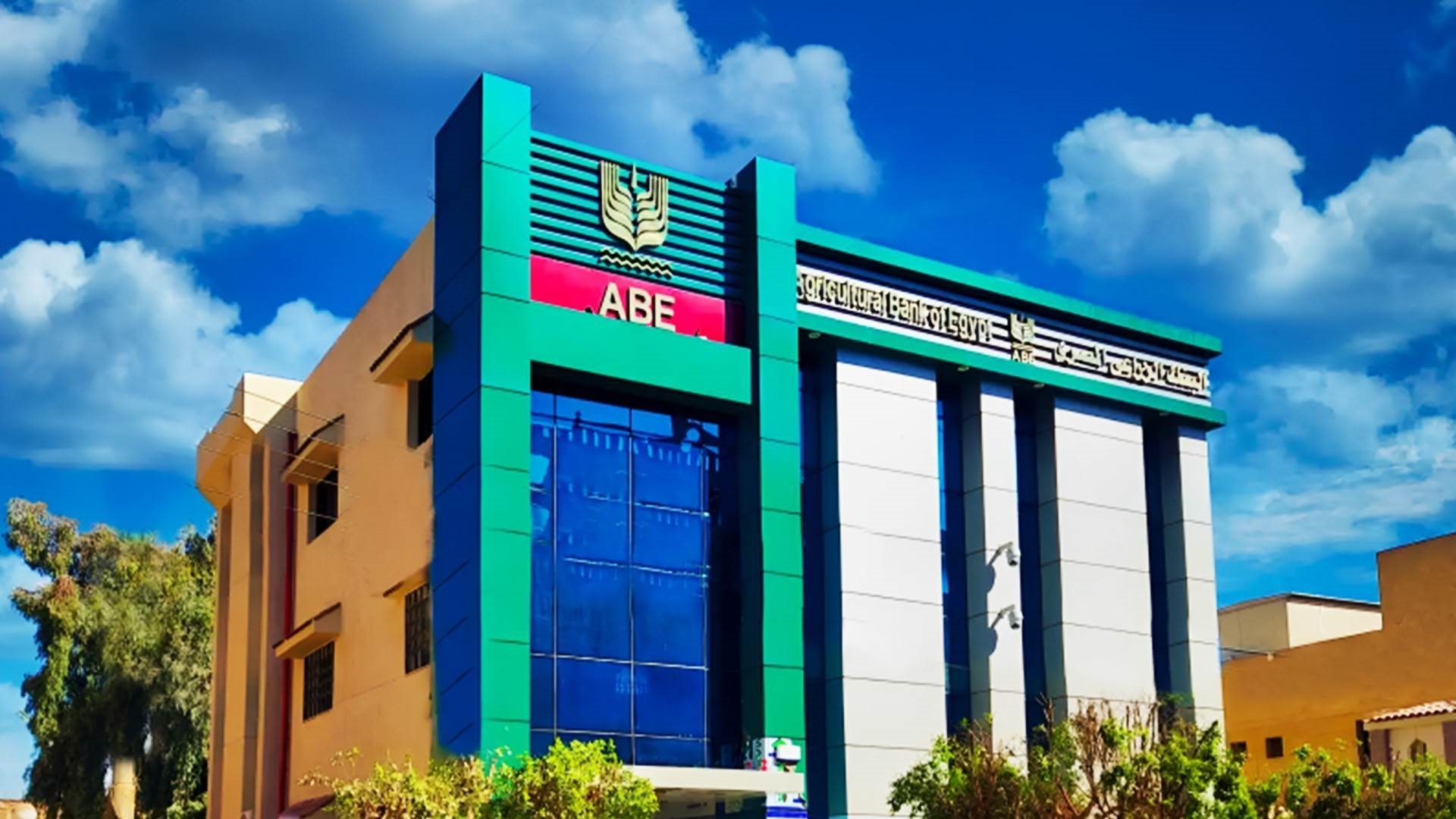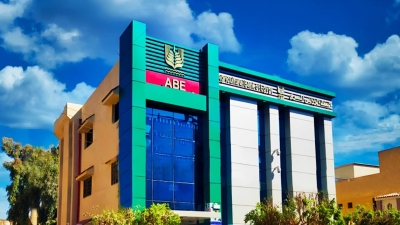Agricultural Bank of Egypt’s Digital transformation, its impact on deposits and loans volume

Agricultural Bank of Egypt has undergone significant developments in the field of fintech and digital transformation in recent years, as part of its strategy to promote financial inclusion and sustainable development in the agricultural sector, including the modernization of technological infrastructure, the launch of digital banking services and the expansion of electronic payments, which has positively reflected the bank's performance, especially in the growth of the volume of deposits and loans.
The Bank successfully launched many different digital products to keep pace with the technological development of digital payment channels. It joined InstaPay and launched the Agri Wallet, its latest digital service, to facilitate customers' access to the best banking services and facilitate the payment of bills and funds safely and easily via mobile phones.
Agricultural Bank of Egypt recently announced the operation of its new banking system "FINICAL", which represents the latest technology of a banking system in the world, and supports the Bank's efforts to launch a new range of digital products and smart applications that meet the needs of its customers to use digital banking services and alternative payment channels.
Given the impact of digital transformation on the Bank's deposit volume, the digital transformation strategy has contributed to an increase in the customer base, leading to a significantly higher deposit volume, jumping at a 157.7% rate in less than three years, reaching EGP 189.4 bn by the end of September 2024, compared to EGP 73.5 bn by the end of December 2020.
This growth reflects customer confidence in the Bank's digital services, which have facilitated deposits and electronic transfers, attracting more customer deposits, supported by the Bank's provision of sophisticated digital banking services, such as mobile and Internet banking applications that enable customers to easily manage their accounts.
The deployment of ATMs in rural areas has also increased customers' ability to withdraw and deposit immediately, as well as facilitated the opening of bank accounts electronically, encouraging more individuals to join the formal banking sector.
As a result of increased demand for the Bank's e-banking services, this has stimulated savings among customers, especially in rural areas, as well as enhanced customer confidence in the Bank as a result of improved quality of services and reduced paper procedures, which has helped to support the Bank's financial stability and increase its ability to finance agricultural projects.
Not only did the digital transformation increase the volume of deposits, but its impact extended to the expansion of the loan portfolio. The Bank's loan volume rose from EGP 34 bn by the end of December 2020 to EGP 80.3 bn by the end of September 2024, jumping at a growth rate of 136.2%, bringing an increase of EGP 46.3 bn. This growth reflects the Bank's ability to facilitate access to finance, especially for small farmers and entrepreneurs in the agricultural sector.











